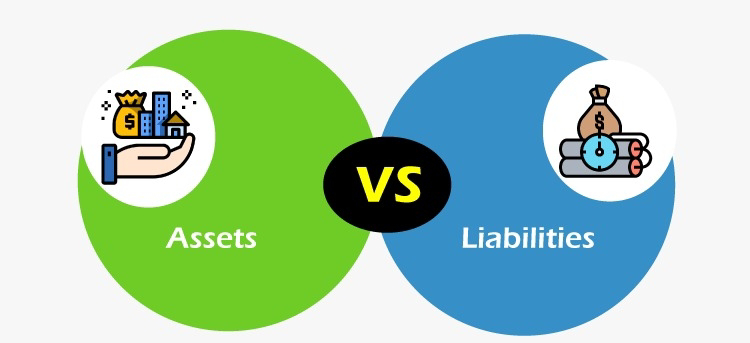Be an Asset to Your Organization Instead of a Liability
In today's competitive job market, it is crucial to be an asset to your organization, rather than a liability. Being an asset means that you bring value to the company and contribute to its success, while being a liability means that you are a drain on resources and a potential risk to the company's bottom line. Here are some tips on how to be an asset to your organization:
1. Be reliable and consistent: One of the most important traits of an asset is reliability. Your employer needs to know that they can count on you to show up on time, meet deadlines, and complete tasks to a high standard. Being consistent in your work habits and output is also crucial to building trust with your colleagues and superiors.
2. Take initiative: Don't just wait for tasks to be assigned to you. Take the initiative to identify areas where you can contribute, and proactively offer your assistance. This could include proposing new ideas, volunteering for projects, or taking on additional responsibilities.
3. Develop your skills: Being an asset to your organization means continuously developing your skills and knowledge. Stay up-to-date with industry trends, attend relevant training sessions, and seek feedback from your colleagues to identify areas for improvement.
4. Communicate effectively: Effective communication is essential in any organization. Be clear and concise in your messages, listen actively to others, and ask questions when you need clarification. Be proactive in keeping your colleagues and superiors informed of your progress and any challenges you encounter.
5. Be a team player: Being an asset to your organization means being a team player. Collaborate with your colleagues, share ideas and knowledge, and support one another in achieving shared goals. Be open to feedback and constructive criticism, and be willing to adapt your approach based on the needs of the team.
6. Be solution-oriented: Rather than focusing on problems, be a solution-oriented thinker. When you encounter challenges, propose solutions and take action to implement them. This approach will demonstrate your proactive problem-solving skills and can help to build trust and confidence in your abilities.
7. Embrace a positive attitude: A positive attitude can go a long way in building strong relationships with your colleagues and superiors. Embrace challenges as opportunities to learn and grow, approach tasks with enthusiasm, and celebrate the successes of the team.
In conclusion, being an asset to your organization requires a combination of reliability, initiative, continuous learning, effective communication, teamwork, problem-solving skills, and a positive attitude. By following these tips, you can build a strong reputation as a valuable contributor to your organization's success. Remember, being an asset is not just about what you do, but also how you do it.




No comments:
Post a Comment